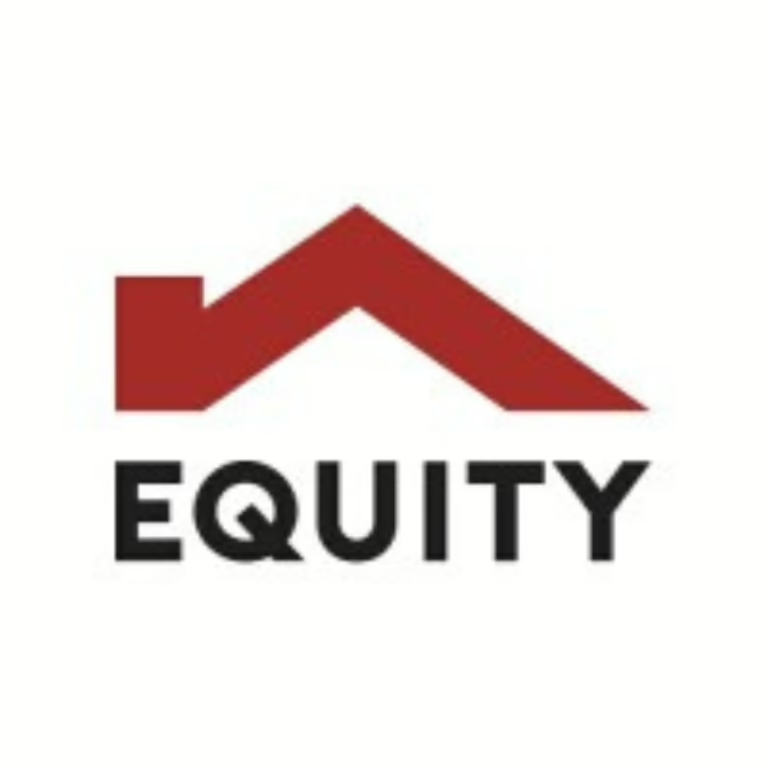Equity Bank is one of the region’s leading banks whose purpose is to transform the lives and livelihoods of the people of Africa socially and economically by availing them modern and inclusive financial services that maximize their opportunities. With a strong footprint in Kenya, Uganda, Tanzania, Rwanda, South Sudan and DRC Congo, Equity Bank is now home to over 12 million customers – the largest customer base in Africa. Currently the Bank is seeking additional talent to serve in the role of Head, Risk Governance.
Job Purpose:
The Head, Risk Governance is responsible for establishing and maintaining a comprehensive risk governance framework to ensure that all policies, procedures, and risk management frameworks across the bank are well-defined, regularly reviewed, and effectively implemented. This role ensures compliance with regulatory requirements and best governance practices, promoting a strong risk culture across Equity Bank Limited Kenya.
Key Responsibilities
Policy and Framework Development
- Develop, implement, and maintain a comprehensive risk governance framework for the bank.
- Support business process re-engineering to ensure that processes are lean, efficient and effective through the elimination of non-value adding activities and identification of opportunities that support/drive the migration of transactions to economically viable alternative electronic delivery channels.
- Support other subsidiaries within the Group in matters processes, policies and procedures review.
- Establish and continuously review the bank’s policies, procedures, and guidelines to align with best practices and regulatory requirements.
- Ensure that risk governance policies cover all key risk areas, including financial, operational, credit, market, fraud, ESG, and strategic risks.
Policy Review and Improvement
- Lead the periodic review and enhancement of policies to reflect changes in business strategy, regulatory requirements, and risk environment.
- Work closely with business units, legal, compliance, and risk teams to ensure policies are well-embedded within the bank’s operations.
- Conduct gap analysis and benchmarking against global risk governance best practices.
- Provide risk governance insights to support decision-making at the executive level.
Regulatory Compliance and Liaison
- Ensure all policies and governance frameworks comply with CBK (Central Bank of Kenya) regulations, Basel III guidelines, and corporate governance codes.
- Act as the primary liaison with regulators, auditors, and external stakeholders on governance matters.
- Coordinate internal and external audits, ensuring timely implementation of audit recommendations.
Risk Culture and Training
- Foster a strong risk governance culture within the organization through training and awareness programs.
- Develop and implement capacity-building initiatives for staff on governance, compliance, and risk management.
- Ensure risk governance principles are embedded in the bank’s decision-making processes.
Enterprise-Wide Risk Management Support
- Work closely with the Heads of Non-Financial Risk to ensure governance frameworks support effective risk oversight.
- Ensure alignment of risk governance with the bank’s strategic objectives.
- Continuously assess governance processes to identify and mitigate emerging risks.
Qualifications
Qualifications And Experience
- Bachelor’s degree in law, Business Administration, Finance, Risk Management, or a related field.
- A master’s degree in governance, Finance, Risk, or Business Administration is an added advantage.
- 8+ years of experience in risk management, governance, compliance, or policy development in the banking sector.
- Proven experience in developing and implementing governance policies and frameworks.
- Strong background in regulatory compliance and enterprise risk management.
Key Competencies & Skills
- Strong knowledge of risk governance frameworks, corporate governance codes, and regulatory compliance.
- Expertise in banking regulations, risk management principles, and policy development.
- Ability to develop risk policies, frameworks, and standard operating procedures (SOPs).
- Proficiency in risk reporting, committee governance, and regulatory liaison.
- Knowledge of industry relevant process improvement techniques and disciplines, e.g., Business Process Management, TQM, and Lean Six Sigma.











